More divisions than unity are sweeping through Germany's ruling coalition, which includes Chancellor Olaf Scholz's center-left Social Democratic Party (SPD), Vice Chancellor Robert Habeck's Green Party, and Finance Minister Christian Lindner's pro-business Free Democratic Party (FDP).
The budget crisis that this coalition weathered late last year means that this year, the budget will no longer be ample to resolve the differences. The crucial question is whether the coalition government can maintain its trajectory until the end of its term.
Temporary impetus
Discontent has been simmering within the FDP for months. As the smallest coalition partner in the current German federal government, the FDP suffered defeat after defeat in state and local elections in 2022 and 2023.
Local politicians attribute the strained partnership in Berlin to the problem. Opinion polls show that only one-fifth of citizens remain satisfied with the work of the "traffic light" coalition – a term for the ruling coalition based on the traditional colors of the three parties: the red of the SPP, the yellow of the FDP, and the blue of the Greens.
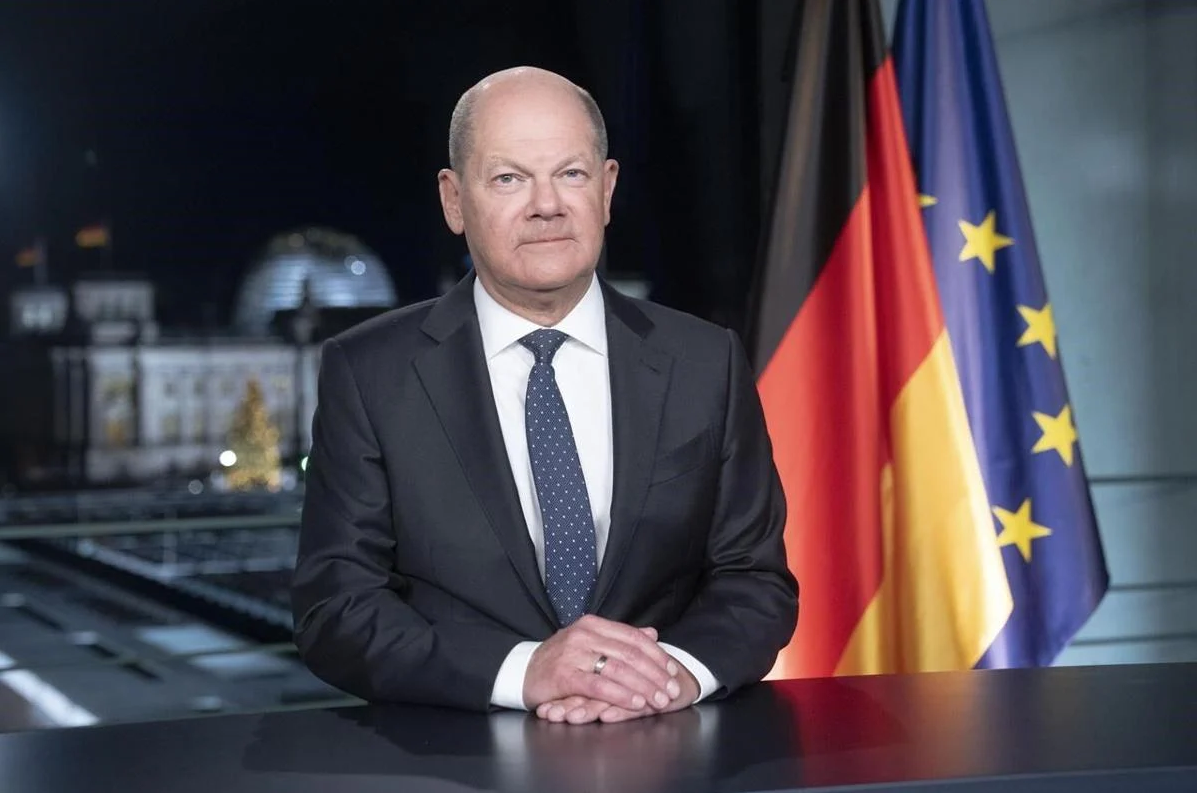
German Chancellor Olaf Scholz poses for a photo during the recording of his New Year's address at the Chancellery in Berlin, Germany, on December 29, 2023. Photo: AP/Toronto Star
Many within the FDP see only one way out: the party must leave the coalition government, which they believe is hindering their progress. A survey of party members, concluding on January 1st, was supposed to pave the way for this "breakup." However, 52% of FDP members voted to remain in the coalition, according to results released on January 1st.
This result likely brought a sigh of relief to the leaders at the headquarters of the three ruling parties. Although the vote was not legally binding, the FDP leadership could not ignore the fact that a majority supported leaving the coalition.
If the result is that a majority of FDP members want to leave, Prime Minister Olaf Scholz will be forced to hold a vote of no confidence, which he is very likely to lose. Clearly, the ruling coalition will face even more pressure between now and the federal election in 2025.
Christian Dürr, chairman of the FDP parliamentary group, welcomed the results of the internal vote, saying it “confirms that the FDP always fulfills its responsibilities even in challenging times.”
However, he added that the FDP “must continue its efforts to move our country forward through liberal policies,” a statement that could be seen as a warning to the SPD and the Green Party that the FDP still intends to push back against its agenda.

Finance Minister Christian Lindner of the Liberal Democratic Party (FDP). Photo: European Newsroom
In fact, the poll results published on January 1st may only provide a temporary boost. This is because 2024 is an election year, with European elections to be held from June 6-9 and parliamentary elections in the states of Saxony, Thuringia, and Brandenburg to be held again in September. Local elections are also expected in nine of Germany's 16 states.
In Saxony, Thuringia, and Brandenburg, the far-right Alternative for Germany (AfD) party is by far the strongest. Only the center-right Christian Democratic Party (CDU) can keep pace. The SPD, Greens, and FDP parties in the ruling coalition lag far behind, with approval ratings in single digits in some polls.
The three parties have also lost considerable ground at the federal level since taking office in December 2021. Although they initially held a majority with a combined 52% of the vote, their approval ratings in opinion polls have now plummeted to 32%.
Breathtaking change
In a national address on New Year's Eve, Chancellor Olaf Scholz acknowledged that many people were unhappy. “I take that into account,” he said. But the world has become “more chaotic and harsh” and is changing “at an almost breathtaking pace,” he added, stating that Germany must change accordingly.
But are these really the changes that people are struggling to adapt to, or is it simply how the coalition government is addressing the many crises and their aftermath?
The energy crisis worsened following Ivory's war in Ukraine, inflation soared, and economic stagnation are what Germany is currently facing.
Notably, the approval ratings for the German Chancellor continue to plummet in opinion polls. This is likely partly due to the notoriously inflexible communication style of the 65-year-old politician.
With the coalition facing internal conflicts – something that frequently happened in 2023 – Scholz prefers to avoid public attention and only speak out when he feels it is absolutely necessary. 2024 will likely be the most difficult year of the ruling coalition's term. Beyond all the political and ideological differences, there is now also a budget dispute.
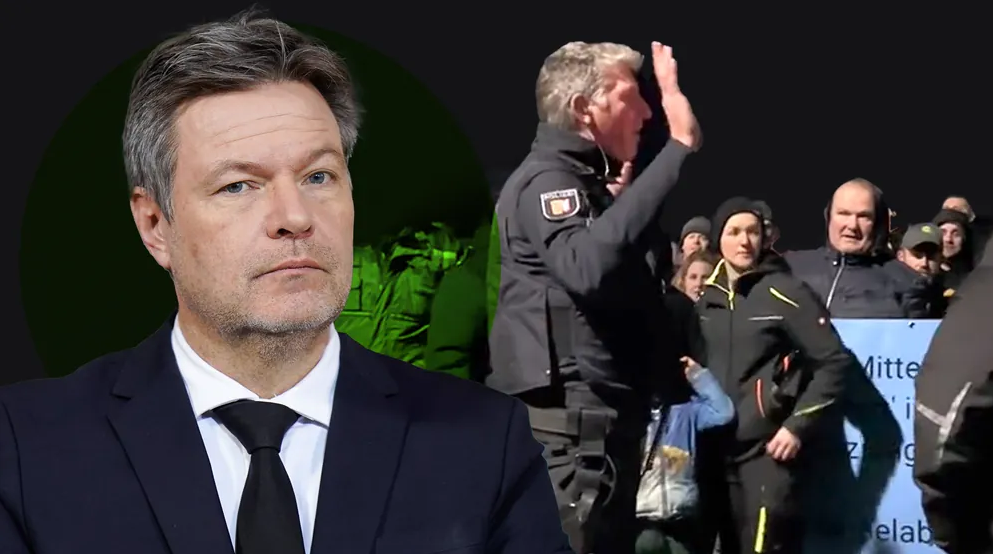
The ferry carrying German Vice Chancellor and Economy Minister Robert Habeck was blocked by farmers on January 4, 2024. Photo: T-Online
This coalition consists of an economically liberal party and two left-wing parties. The SPD and the Greens are committed to building a strong state and want more money for social welfare and climate protection. Meanwhile, the FDP holds the opposite view, emphasizing individual responsibility and a leaner state.
To resolve these conflicts, Scholz, who remained Finance Minister in Angela Merkel's government in 2021, devised a clever scheme. He proposed that the unused €60 billion in credit that parliament had approved in 2021 during the Covid-19 pandemic be transferred to a special fund managed by his government.
The proposed budget provides sufficient funding for the political plans of the SPD and the Greens, while allowing FDP Finance Minister Christian Lindner to create a regular federal budget without incurring any new debt.
This plan was only effective for less than two years. Then, in November 2023, the German Federal Constitutional Court ruled that the reuse of these funds was unconstitutional. As a result of this ruling, the coalition government's budget suffered a deficit, and further borrowing was severely restricted by the debt brake stipulated in the German Constitution, introduced in 2009.
The coalition government will now have to economize for the remainder of its term, but it also has little breathing room. Disputes over money are likely to further widen the rift within the "traffic light" coalition in the coming months.
Fear of being divided
At a recent SPD conference, Scholz said Germany might have to provide more aid to Ukraine “if other countries weaken”—a clear allusion to the political situation in the US ahead of the 2024 presidential election. Therefore, he said, decisions need to be made on Germany's part to ensure “that Germany is capable of doing so.”
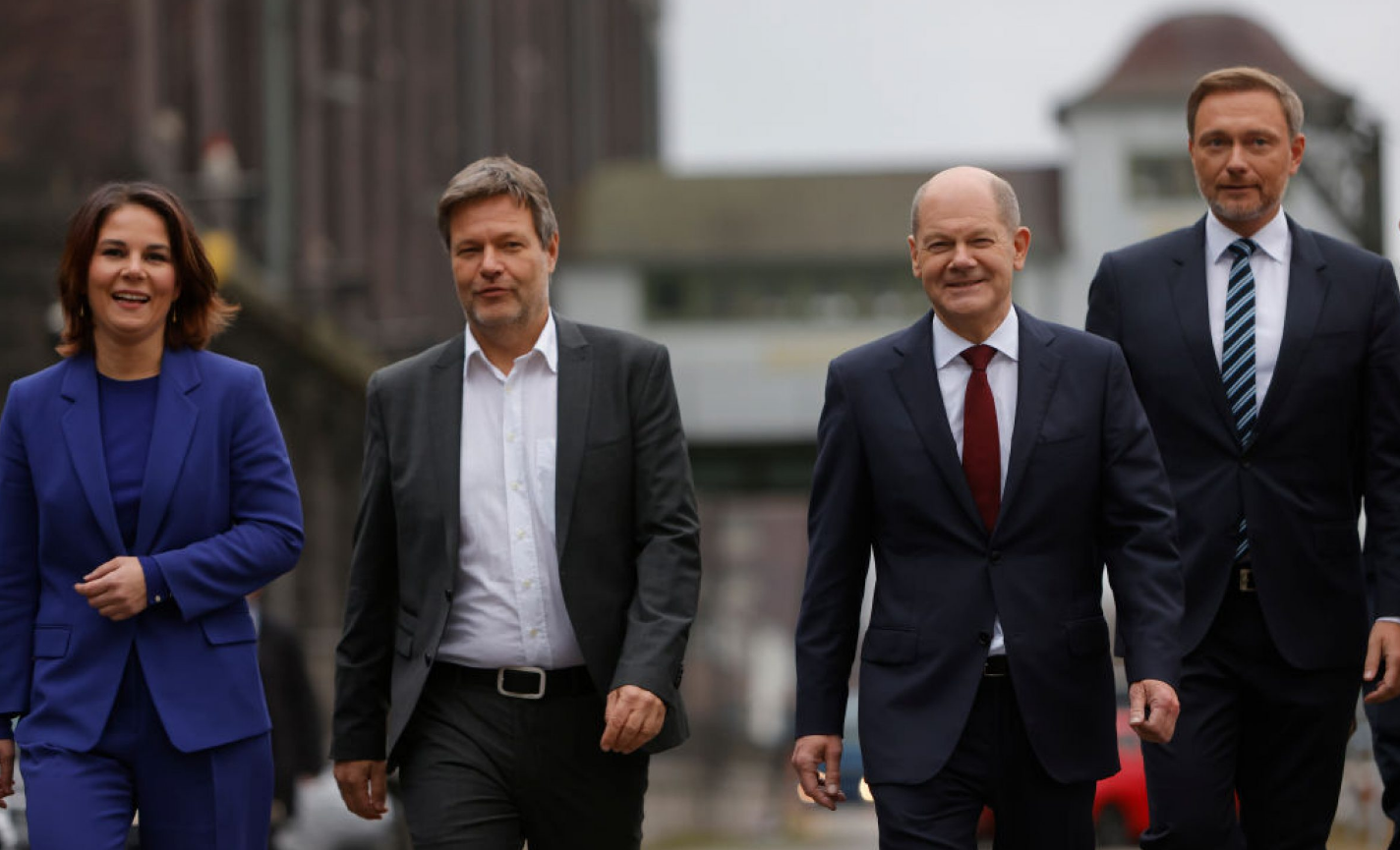
More divisions than unity have been sweeping through Germany's ruling coalition since it took office in December 2021. Photo: Getty Images
The German Chancellor was clearly referring to the "debt brake" measure, which forces the federal and state governments to balance their books. Scholz convinced Finance Minister Lindner that they would at least discuss suspending the debt brake again this year if they felt that military and financial support for Ukraine needed to be increased.
But this doesn't mean the FDP will agree. An internal FDP survey shows that 48% of its members want to leave the coalition, and that number could easily rise over time.
Party leaders fear division more than anything else. In the event of new elections, they not only fear losing power, but also that many lawmakers might have to relinquish their seats in the Bundestag.
That is why, at the level of officials and within the factions of the German Parliament, everyone is trying to maintain the coalition. The fear of political backwardness is perhaps the only thing that will bind the coalition partners together in 2024 .
Minh Duc (According to DW, Politico EU)
Source














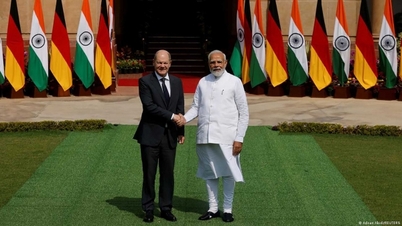
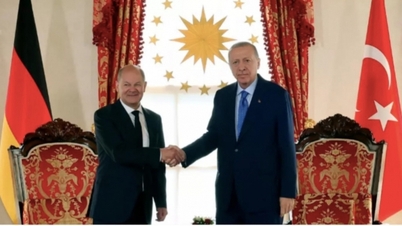
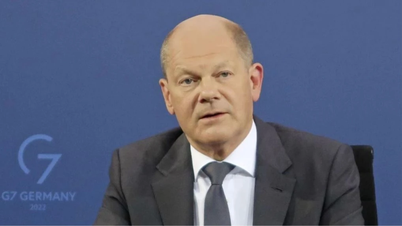

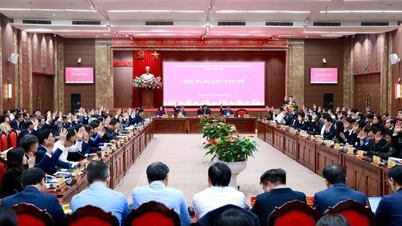

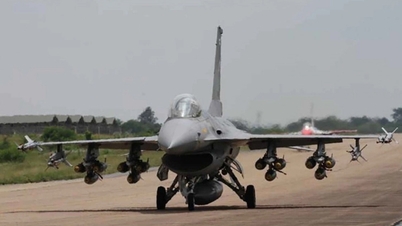

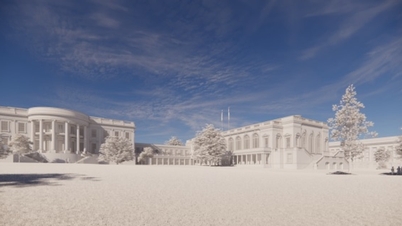

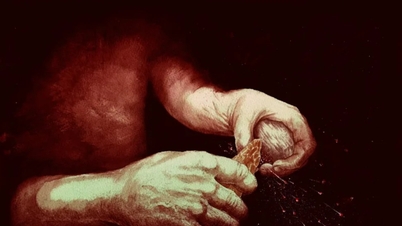
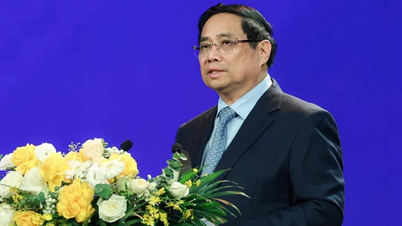





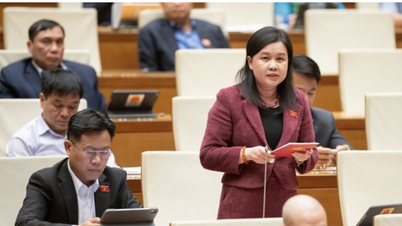







































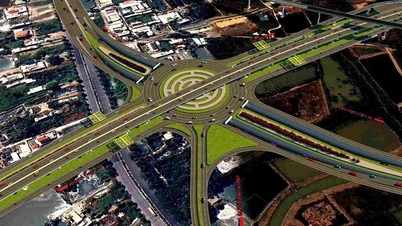


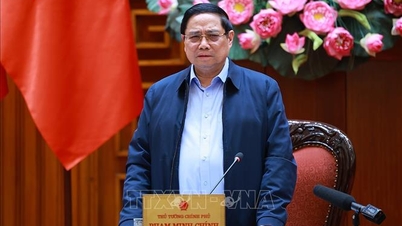








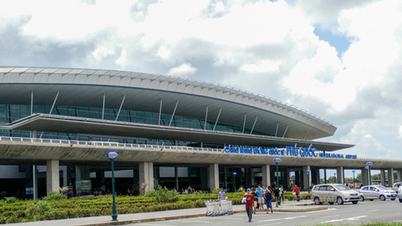







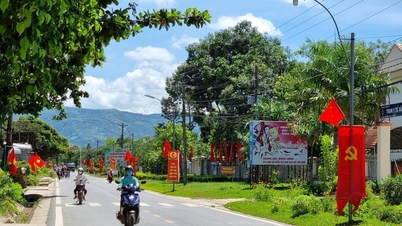




















Comment (0)